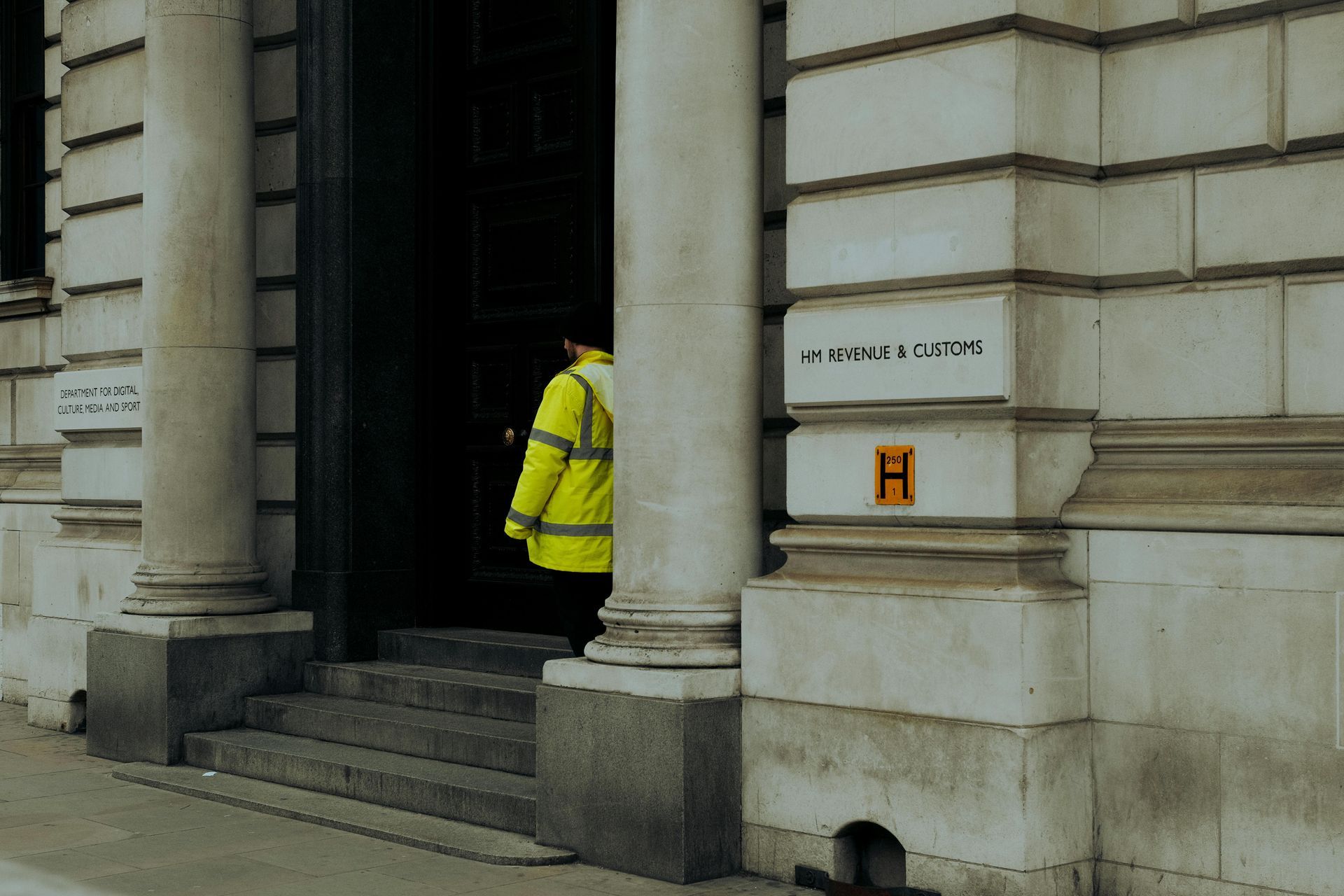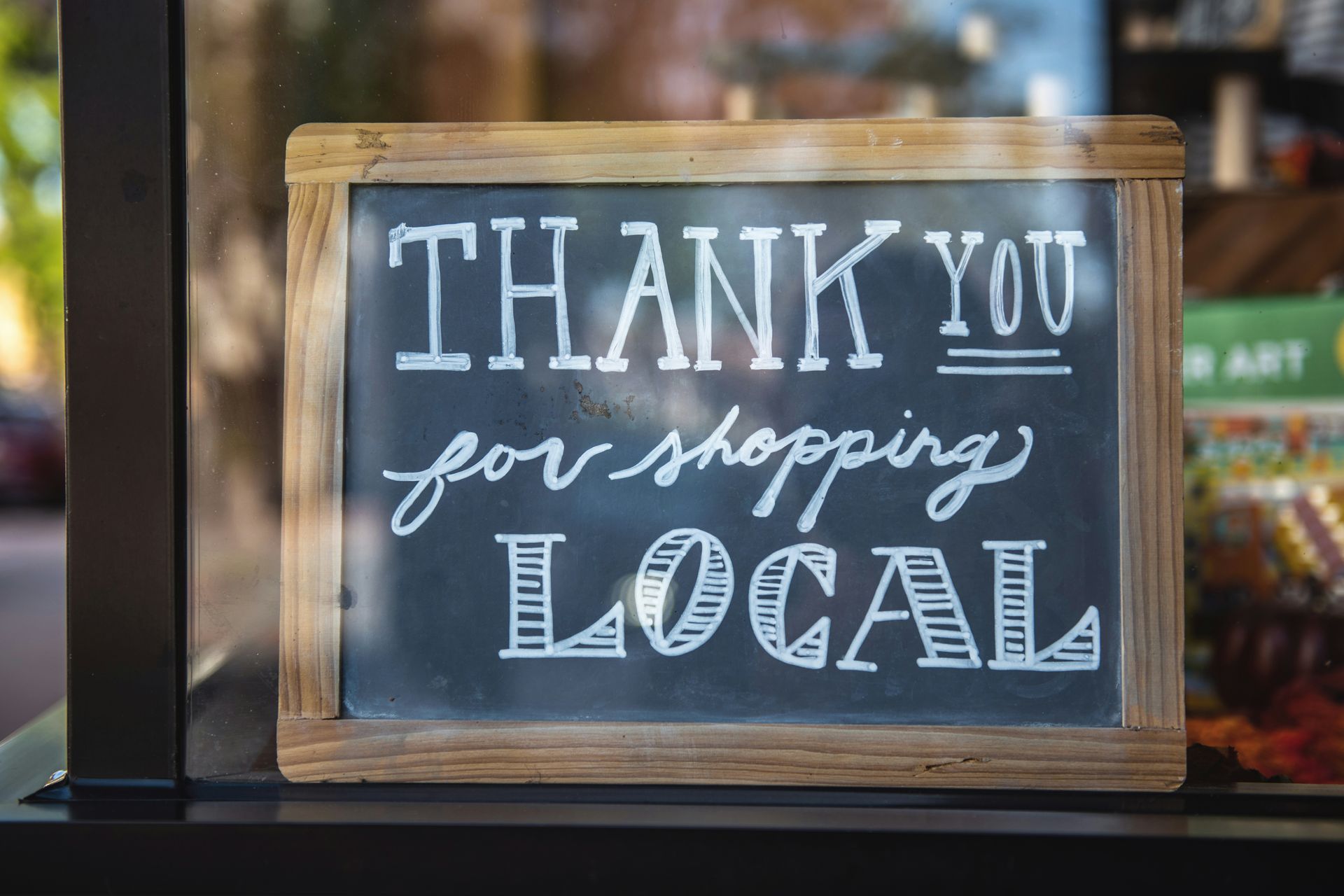
welcome@mpoweraccounting.com
| 01892 234353
It’s that time of year again!
Yes, it’s that time of year again! The decorations are down, left overs gone and kids about to go back to school. We all knuckle down and get back to work with new resolve and resolution; for us in the accounting world that couldn’t be more true as . . . . . . . . the 31st January looms!! If December is about goodwill to all men (and women) then January is about good income to the tax man (and woman)!
Tax returns, and payments, are due in by the 31st January – and as I have said before, this is not a target but a deadline! Please don’t wait till 11:59pm on Thursday 31st January 2019 because it is likely that the HMRC systems will already be down. I am pleased to say that the clients I look after are well trained, most returns filed and those not will be very shortly. This is one of the joys of employing the services of a professional; we know what we are doing and when we need to get it done by!
So, I thought I’d answer three questions I’m often asked about personal tax:
1. Why does the tax year end on the 5th April?
Good question. This actually dates back to 1582 when Pope Gregory XIII ordered a change in the calendar from the Julian which had been used since 42BC. To cut a long story short, it wasn’t until 1752 that the British caught up with all the changes and until this year our tax year started on the 25th March which was the old New Year’s Day. In order to ensure no loss of income the Treasury decided to still run a 365 day year, and adjusting for a leap year brought the new tax year end to the 5th April . . . and this date has remained unchanged ever since!
2. What are payments on account?
This is the most asked question! Basically, when your tax bill is over £1, 000 (with some exceptions) you will have to make a payment on account towards your next years tax. This is usually half of the amount of tax that you are due to pay. The other half is due on the 31st July. What this means is that when you make you next return the following January you should have paid most if not all of you tax for the year if your income has stayed relatively stable. You will have to pay any balance of tax you owe and of course the first payment of account for the following year. You are able to apply to reduce payments on account if your income has reduced but be careful – if your tax bill hasn’t gone down and you haven’t paid the correct payments on account you could be charged interest by The Revenue.
3. Do I still need to complete a self assessment tax return?
This is always a good question to ask. There are very good reasons why you may need to complete a return as a one off, for example, capital gains tax. It is relatively simple to both apply to make a return and also inform HMRC when it is no longer relevant. Another example would be if you were self employed but then went back into employment. The self assessment tax return is basically a year end summary of your earnings and the tax you have paid; if you receive income from difference sources then you will need to complete a return. So if you are employed but rent property you will need to complete a return, and that is also the same for a company director as you may receive income from dividends. However, it is always good to check whether you still need to complete a return and if not make HMRC aware. I would say that if you’re earnings are only through PAYE employment you should not also be completing a return but if you are not sure please seek assistance of a professional.
Self assessment tax is complex and with the help of a professional you will be able to not only to complete your return on time but also maximize all the tax reliefs available. Please do contact us if you are still struggling with your return; we will be able to complete this for you and you may be pleasantly surprised with some of the tax reliefs you didn’t know you were able to claim.
Paula





Let’s connect
2 Oast View
Horsmonden
Tonbridge
Kent TN12 8LE


